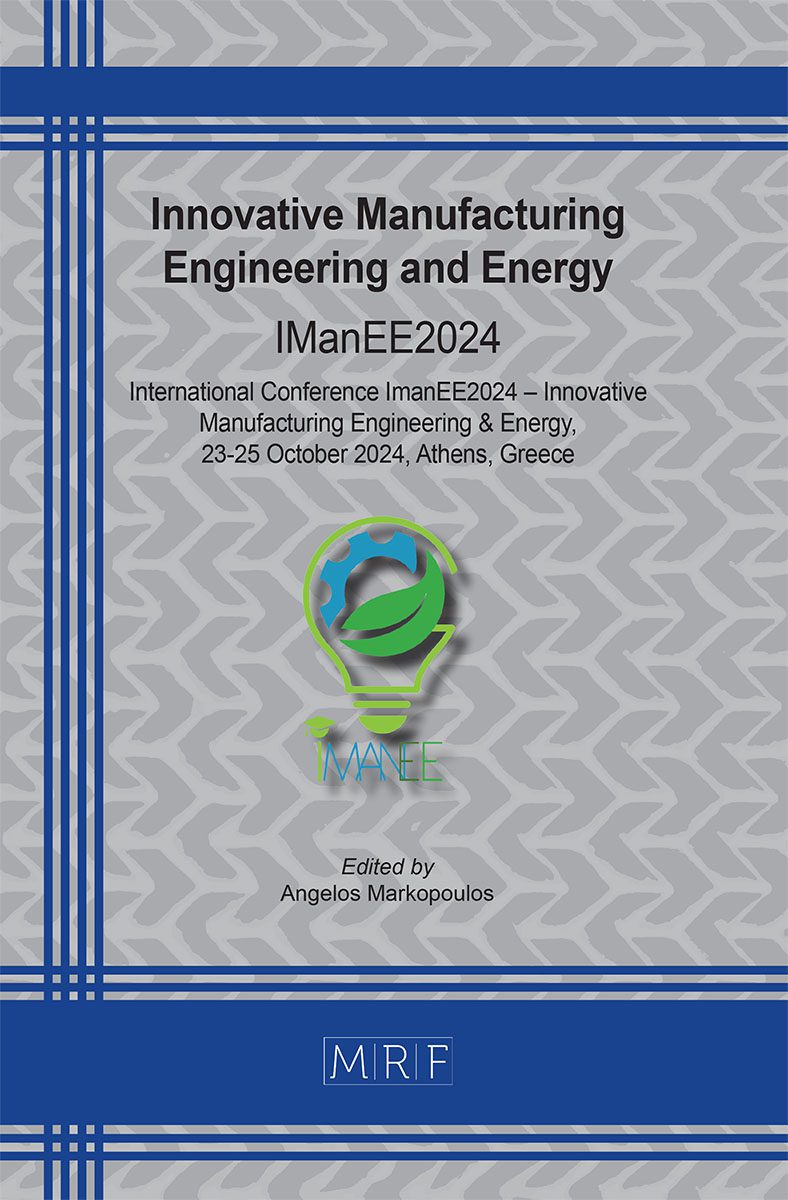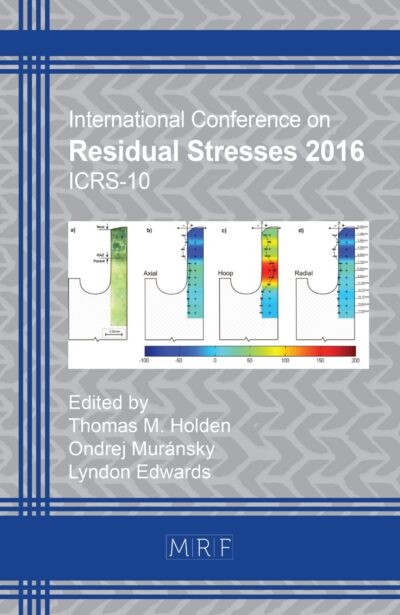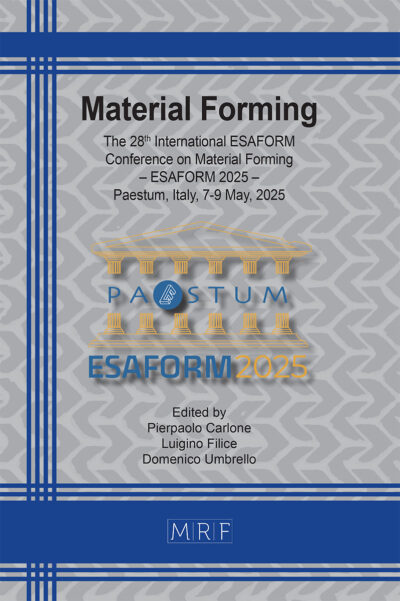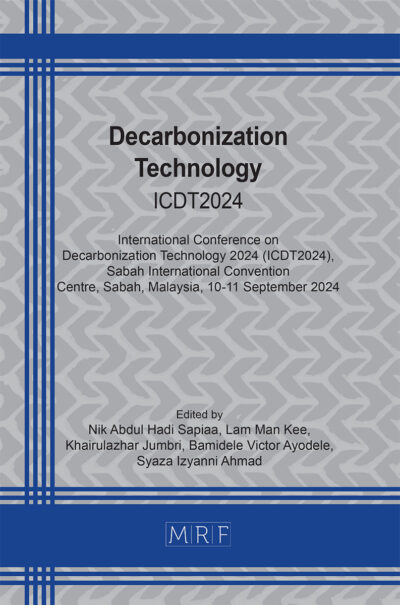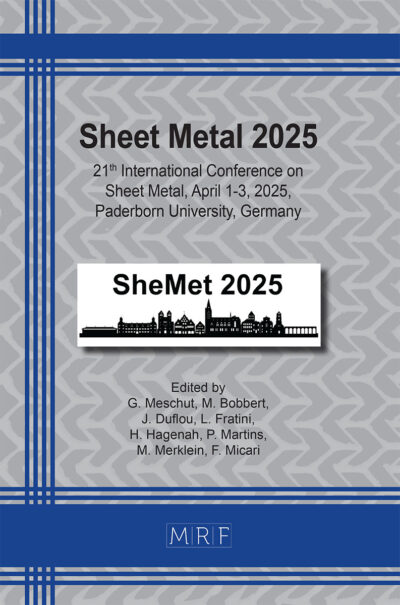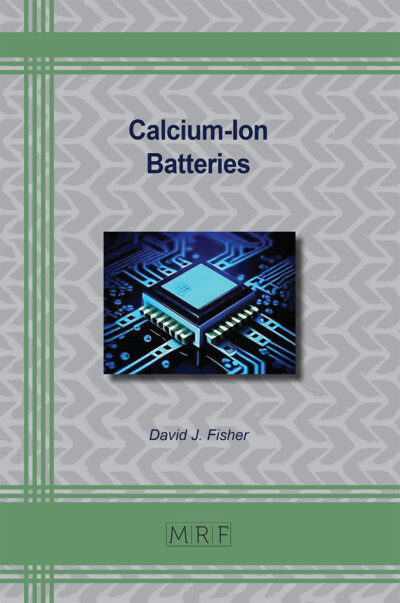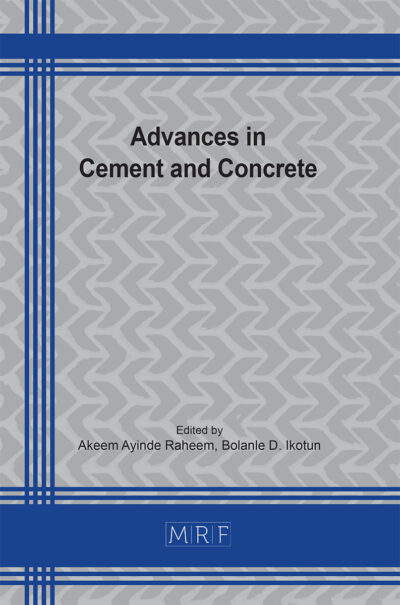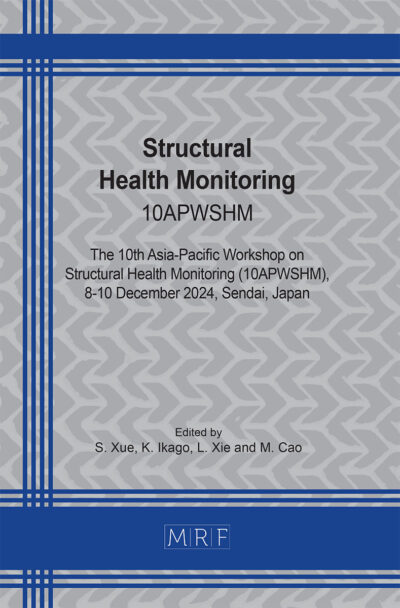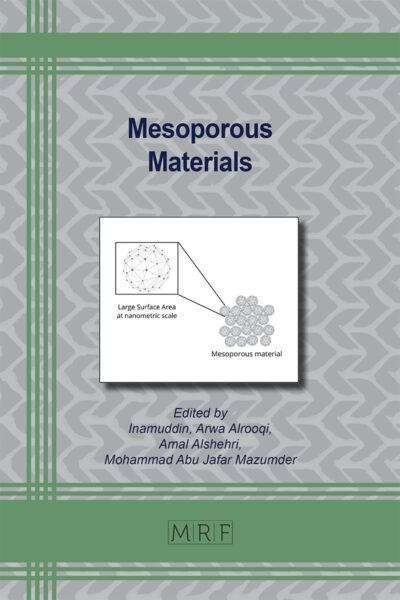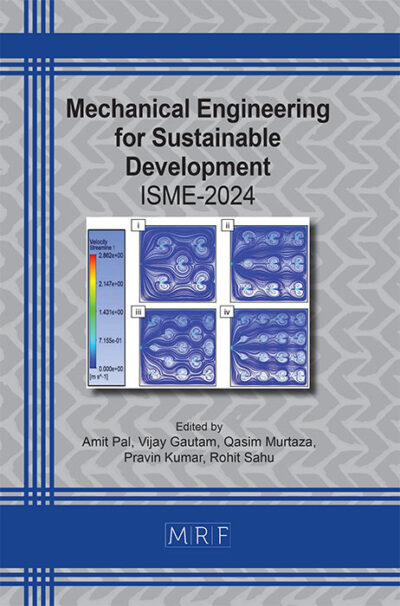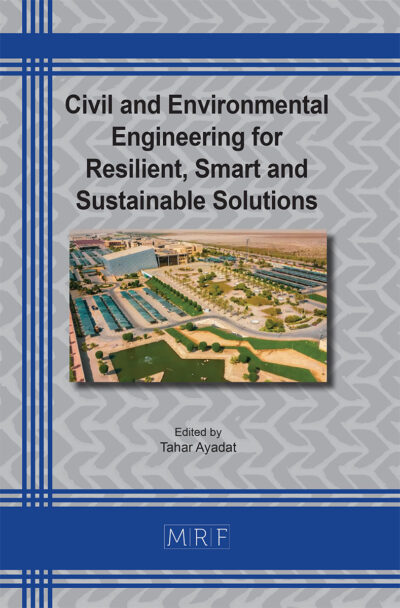Enhancing vocational education through digital training materials: A case study on CNC lathe training
Musa BILGIN, Sener KARABULUT, Angelos P. MARKOPOULOS
Abstract. This study investigates the effect of virtual reality (VR)-based and interactive training materials on practical and academic achievements in computer numerical control (CNC) lathe training. To this end, VR and interactive training materials were developed for tasks involving cutting tool measurement and defining a workpiece zero-point. Sixteen students, all without prior VR or CNC lathe experience, were divided into experimental and control groups. Participants were subjected to traditional and digital-based training methods, and their practical and academic performances were subsequently analyzed. The findings revealed that VR-based digital training materials significantly enhanced students’ success and reduced the training time in CNC lathe training. Furthermore, the accessibility of materials at students’ convenience through interactive educational content reduces educational costs, facilitates learning processes, and contributes to environmental sustainability.
Keywords
Vocational Education, VR Application, Interactive Training, CNC Lathe Training, Educational Innovation
Published online 12/10/2024, 9 pages
Copyright © 2024 by the author(s)
Published under license by Materials Research Forum LLC., Millersville PA, USA
Citation: Musa BILGIN, Sener KARABULUT, Angelos P. MARKOPOULOS, Enhancing vocational education through digital training materials: A case study on CNC lathe training, Materials Research Proceedings, Vol. 46, pp 167-175, 2024
DOI: https://doi.org/10.21741/9781644903377-22
The article was published as article 22 of the book Innovative Manufacturing Engineering and Energy
![]() Content from this work may be used under the terms of the Creative Commons Attribution 3.0 license. Any further distribution of this work must maintain attribution to the author(s) and the title of the work, journal citation and DOI.
Content from this work may be used under the terms of the Creative Commons Attribution 3.0 license. Any further distribution of this work must maintain attribution to the author(s) and the title of the work, journal citation and DOI.
References
[1] Ö.K. Kalkan, Ş. Karabulut, and G. Höke, Effect of Virtual Reality-Based Training on Complex Industrial Assembly Task Performance, Arab. J. Sci. Eng. 46 (2021), 12697–12708. https://doi.org/10.1007/s13369-021-06138-w
[2] S. Hoang, C.C. Tran, V. T. Pham, V. T. Nguyen, V. T. Tran, V. T. Tran, and T. T. Nguyen, Evaluating the learning performances for CNC machine practice in mechanical engineering degree courses based on students’ mental workload, Int. J. of Mec. Eng. Educ. 52 (2) (2024) 205 – 220. https://doi:10.1177/03064190231185326
[3] J. P. Davim, Mechanical engineering education, Hoboken, New Jersey, USA: John Wiley & Sons, 2012.
[4] A. P. Markopoulos, A. Fragkou, P. D. Kasidiaris and J. P. Davim, Gamification in engineering education and professional training, Int. J. of Mec. Eng. Educ. 43 (2) (2015) 118-131. https://doi:10.1177/0306419015591324
[5] L. Jensen and F. Konradsen, A review of the use of virtual reality head-mounted displays in education and training, Educ. Infor. Tech. 23 (2018) 1515-1529. https://doi.org/10.1007/s10639-017-9676-0
[6] M. D. Dickey, Three-dimensional virtual worlds and distance learning: two case studies of Active Worlds as a medium for distance education, British J. of Educ. Tech. 36 (2005) 439-451. https://doi.org/10.1111/j.1467-8535.2005.00477.x
[7] F. A. Aziz, M. Alshammar and M. K. A. Ariffin, Using virtual reality for equipment maintenance in oil and gas industry, J. of Comput. and Theor. Nano.15 (4) (2008) 1090 – 1094. https://doi.org/10.1166/jctn.2018.7150
[8] M. Otto, E. Lampen, P. Agethen, M. Langohr, G. Zachmann, and E. Rukzio, A virtual reality assembly assessment benchmark for measuring VR performance & limitations, Procedia CIRP, 81 (2019) 785-790. https://doi.org/10.1016/j.procir.2019.03.195
[9] H. Eschen, T. Kötter, R. Rodeck, M. Harnisch and T. Schüppstuhl, Augmented and virtual reality for inspection and maintenance processes in the aviation industry, Procedia Manufacturing, 19 (2018) 156-163. https://doi.org/10.1016/j.promfg.2018.01.022
[10] M. Perez-Ramirez, G. Arroyo-Figueroa and A. Ayala, The use of a virtual reality training system to improve technical skill in the maintenance of live-line power distribution networks, Int. Learning Envir. 29 (4) (2019) 527–544. https://doi.org/10.1080/10494820.2019.1587636
[11] F. Longo, L. Nicoletti and A. Padovano, Smart operators in industry 4.0: A human-centered approach to enhance operators’ capabilities and competencies within the new smart factory context, Computers & industrial engineering, 113 (2017) 144-159. https://doi.org/10.1016/j.cie.2017.09.016

